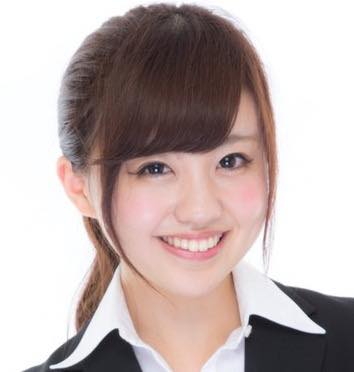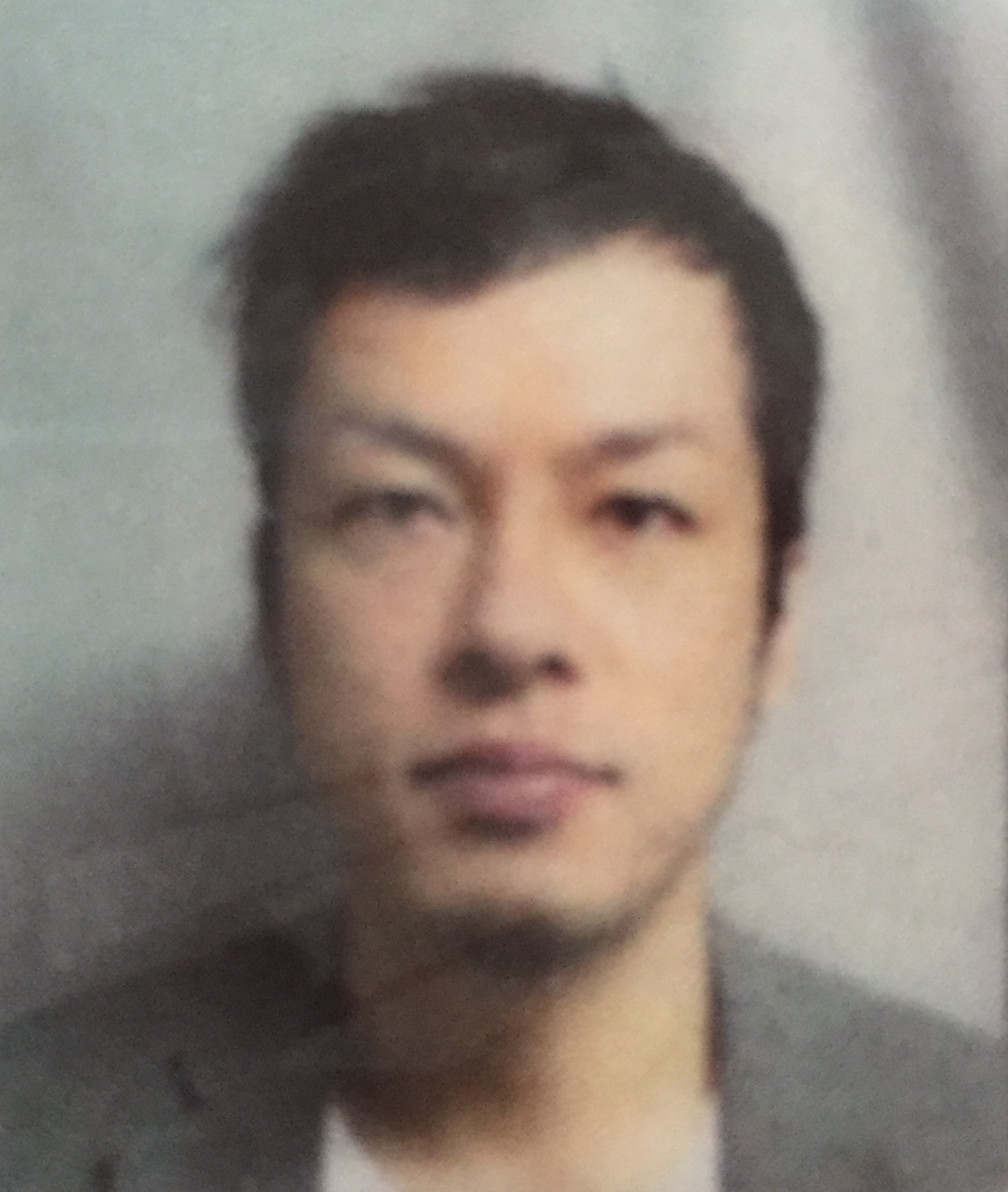Once you’ve mastered those seven, you are not a beginner anymore.
As we reach the end of this article, we hope that you were able to learn how to ask someone that you can use at school, work, online, or for casual interactions.
Let’s go 7 phrases for “How to ask to get to know each other In Japanese”.
1. What is your name?
namae wa nandesu ka?
I think “あなたの名前はなんですか?” is written by a textbook you have. But we don’t normally say “あなたの名前はなんですか?”, because when we have a conversation with “you”, it’ too clear for Japanese to say the person we talk to is “you(あなた)”.
If you say “あなたの名前はなんですか?”, then we feel a little wired. Instead of this, you should say “名前はなんですか?”.
EXAMPLE
Casual
What is your name? (名前はなに? namae wa nani?)


I’m Yuka. (ゆかだよ。 Yuka dayo.)
- Don’t say that “私の名前はゆかだよ。” You should be more natural than the textbook.
Polite


What is your name? (名前はなんですか? Namae wa nandesu ka?)


I’m Tatsuya. (たつやです。 Tatsuya desu.)
- Don’t say that “私の名前はたつやです。” You should be more natural than the textbook.
Polite/Business


Could you give me your name, please? (お名前を頂戴してもよろしいでしょうか? onamae wo chōdai shite mo yoroshī deshou ka?)


I am Tom from ABC. (ABC会社のトムと申します。 ABC gaisha no Tomu to mōshimasu.)
2. How old are you?
nansai desuka?
In general, it is not recommended to ask for someone’s age in Japan because it is not considered a very polite thing to do. However, if you must, and if the situation allows you to do so, such as in this case, you can say “nansai desuka?“.
なん(nan) means “how” in this phrase, and さい(sai) means “years old”. These two words combine and this phrase means “how old”.
EXAMPLE
Casual


How old are you? (何歳? na n sai?)


33. (33歳だよ。 33 sai dayo.)
Polite


How old are you? (何歳ですか? na n sai desu ka?)


I’m 28. (28歳です。 28 sai desu.)
Polite/Business


How old are you? (おいくつですか? o ikutsu desu ka?)


I am 23 years old. (23歳です。 23 sai desu.)
3. Can you speak English?
eigo wo hanase masuka?
If you are ever visiting Japan and do some sightseeing where you need some help from the locals, it helps to know how to ask them the right questions. “英語を話せますか?(eigo wo hanashi masuka?)” the most critical phrase that you learn how to say is “Can you speak English?” in Japanese.
In the first expression, the word “話せます(hanasemasu)” comes from “話す(hanasu)” (to speak). To sound even politer you can add “sumimasen” (すみません) at the beginning of this phrase.
EXAMPLE
Casual


Can you speak English? (英語話せる? eigo hanaseru?)


A little bti. (少しだけね。 sukoshi dake ne.)
Polite


Excuse me. Can you speak English? (すいません。英語を話せますか? suimaen eigo wo hanase masu ka?)


Yes, I can. (はい、話せますよ。 hai, hanase masu yo.)
Polite/Business


Excuse me. Could you speak English? (すいません。英語を話せますか? suimaen eigo wo hanase masu ka?)


No, I can’t speak English. (いいえ、話せません。 īe, hanase masen.)
4. Where are you from?
shusshin wa doko desuka?
Let’s break down this question!
- shusshin – Origin
- wa – topic marker (can be translated as “is” here)
- doko – where
- ka – question marker
If you say literally “doko kara kimashita ka?“, it sounds like you’re asking where someone just came from.
Now the interesting thing about Japanese is changing the wording to make it more formal or casual.
EXAMPLE
Casual


Where are you from? (出身どこなの? shusshin doko nano?)


Osaka. (大阪だよ。 Ōsaka dayo.)
Polite


Where are you from? (出身はどこですか? shusshin wa doko desu ka?)


I’m from Tokyo. (東京ですよ。 Tōkyō desu yo.)
Polite/Business


Where are you from? (ご出身はどちらになりますか? go shusshin wa dochira ni narimasu ka?)


I am from Fukuoka. (福岡になります。 Fukuoka ni narimasu.)
5. Where do you live?
doko ni sunde imasuka?
I think most of Japanese leaners know this phrase and it is easy to use this, right? But, some beginners use this phrase in the wrong usage, like this below.
Where do you live? (住まいはどこだ? sumai wa dokoda?)
- sounds like, robbery
Where do you live? (どこに住んでいるんだ? doko ni sunde irunda?)
- sounds like, robbery
Where do you live? (君の住まいはどこですか。 kimi no sumai wa dokodesu ka.)
- we don’t use 君 in basic conversation.
Where do you live? (どこ住み? doko sumi?)
- not exist
EXAMPLE
Casual


Where do you live? (どこに住んでるの? doko ni sunderu no?)


Tokyo. (東京だよ。 Tōkyō dayo.)
Polite


Where do you live? (どこに住んでますか? doko ni sunde masu ka?)


I live in Hokkaido. (北海道です。 Hokkaidō desu.)
Polite/Business


Where do you live? (お住まいはどちらですか? o sumai wa dochira desu ka?)


I live in Osaka. (大阪になります。 Ōsaka ni narimasu.)
6. What do you do?
shigoto wa nan desuka?
When asking ‘What do you do for living?’ or ‘What is your job?’, you can use this pharase.
Some people use this after meeting someone, it will be rude in Japan. Actually, a job of a person is important but, ask them after becoming friends.
EXAMPLE
Casual


What do you do? (仕事何してるの? shigoto nani shiteru no?)


Programmer. (プログラマーだよ。 puroguramā dayo.)
Polite


What do you do? (お仕事は何をされていますか? o shigoto wa nani wo sarete imasu ka?)


I’m an office worker. (OLです。 OL desu.)
Polite/Business


Could you give me your occupation? (ご職業を頂戴してもよろしいでしょうか? go shokugyō wo chōdai shite mo yoroshī deshou ka?)


I am a bank clerk. (銀行員になります。 ginkōin ni narimasu.)
7. What about you?
dō omou? / ○○(name) wa?
This phrase is used to learn more about the preferences and opinions of others. You will use this pharase a lot how to ask questions.
When Introducing yourself, when someone asks you a question like ‘So, what do you like?’ and you answered something. After that, you will be able to say ‘What about you?’ after replying to the question.
You can put the name into ○○. Such as “yuka wa?/ sensei wa? and etc.” Don’t you use “anata wa?“. Japanese normally don’t use “anata“.
EXAMPLE
Casual 1


What about you?( どう思う? dō omoo mō?)


Perfect! (いいじゃん! ī jan!)
Casual 2


What animal do you like? (動物でなにが好きなの? nani ga suki nano!)


Dog! What about you? (犬だよ!ゆかは? inu dayo. Yuka wa?)
Polite 1


What about you? (どう思いますか? dō omoi masuka?)


That’s great! (いいと思います! ī to omoi masu.)
Polite 2


What animal do you like? (動物でなにが好きなんですか? nani ga suki nan desuka!)


Dog! What about you? (犬です!ケイトさんは? inu desu. Keito san wa?)
Polite/Business


What about you? (どうお考えですか? dō o kangae desu ka?)


I thikk that’s good. (いいと思います。 totemo, ī to omoi masu.)
Review
1. What is your name?
namae wa nandesu ka?
2. How old are you?
nansai desuka?
3. Do you speak English?
eigo wo hanashi masuka?
4. Where are you from?
shusshin wa doko desuka?
5. Where do you live?
doko ni sunde imasuka?
6. What do you do?
shigoto wa nan desuka?
7. What about you?
dō desuka? / ○○(name) wa?


Try to use these phrases to Native Japanese teachers with italki once not to forget these you’ve just remembered now!
\ Learn Japanese with a personal native teacher!/

Comments